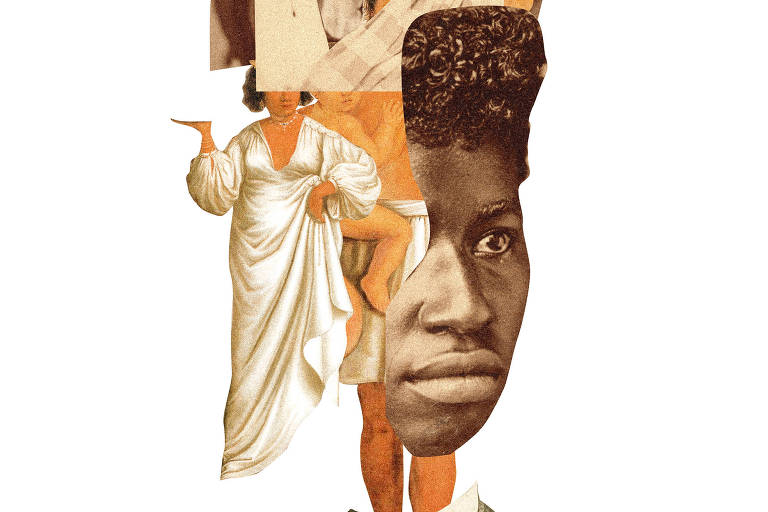Euclides da Cunha, one of the most celebrated Brazilian authors and also the focus of this year's FLIP literary festival, has also been denounced as racist by literary experts.
The work of Euclides da Cunha, which includes "Rebellion in the Backlands," shows that he adhered to racist ideas that were widely accepted at the time.
"Rebellion in the Backlands," by Euclides da Cunha, has the passage "the sertanejo is, above all, a fort." Soon after, there is another phrase, seldom remembered. "It does not have the exhausting rickets of the neurasthenic mestizos of the coast."
In "The Earth, the Man, the Struggle," a text that was first published in 2002 and just re-released by Three Stars, a Folha Group publishing house, professor and essayist Roberto Ventura wrote that Euclides still followed "the racist and evolutionary theories of his day. "
Ventura's book does not rail against Euclides' work. On the contrary, it is a guide that enthusiastically invites people to read "Rebellion in the Backlands," published in 1902.
In honoring Euclides, the 17th edition of the International Literary Festival of Paraty, FLIP, draws attention to the author responsible for a "sonorous style" and capable of interpreting "the two contradictory and complementary faces of the country," Roberto Ventura said.
While the event honors him, it was inevitable that it would shed light on how outdated deterministic theories influenced his writing.
Like most Brazilian intellectuals from the turn of the 19th century to the 20th, Euclides read the studies of the German biologist Ernst Haeckel. Haeckel wrote that civilization could not thrive in a territory like Brazil.
The reading of this German naturalist is fundamental to guide Euclid by geographical determinism.
Without the influence of Haeckel, in fact, "The Earth," the first part of "Rebellion in the Backlands," would not be the same.
Translated by Kiratiana Freelon
